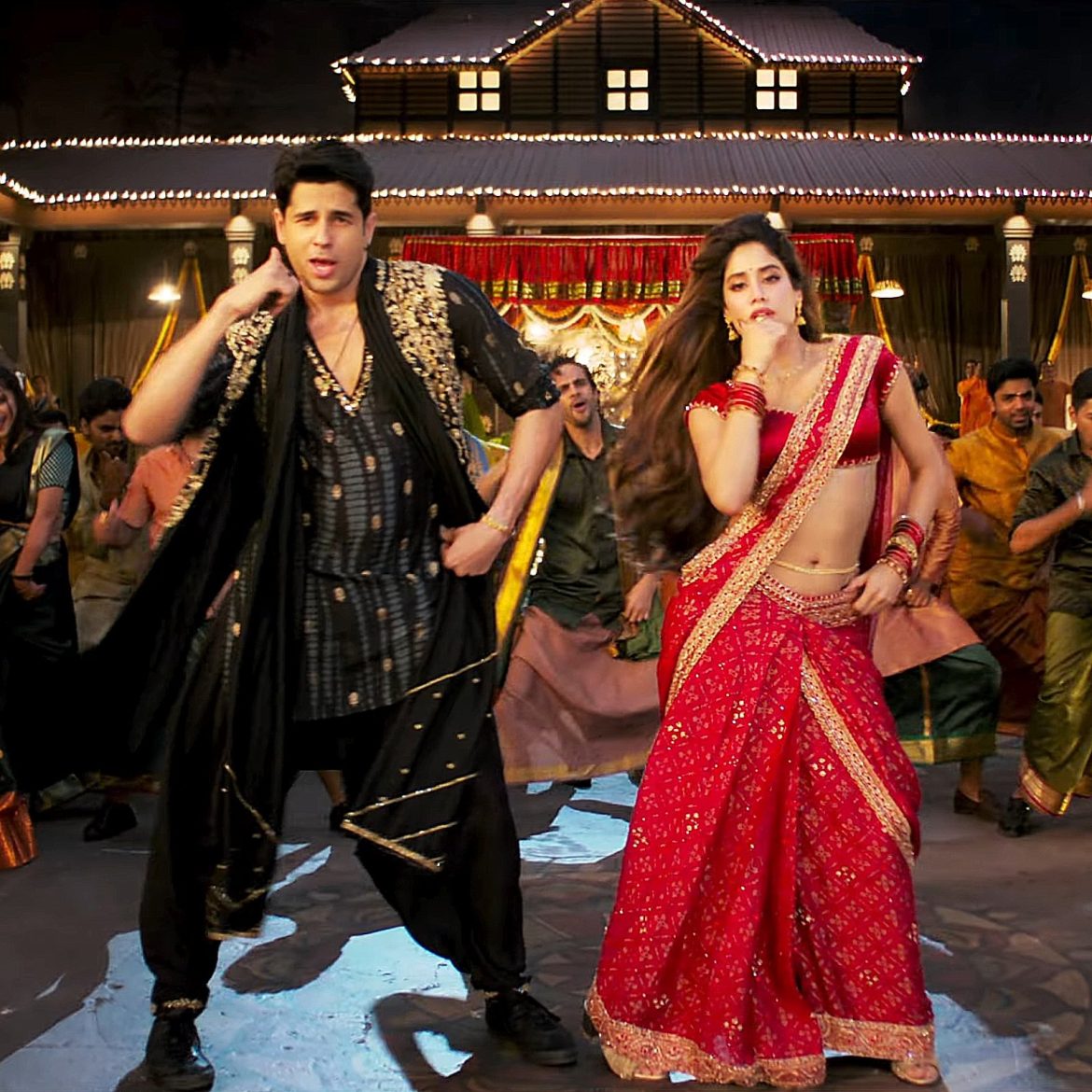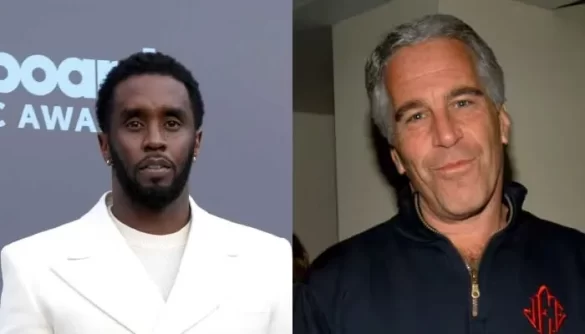A Familiar Controversy Returns
The Indian film industry is once again facing criticism for allegedly copying music from Pakistan without permission. The latest dispute surrounds a track from the newly released Bollywood film Parm Sundari, starring Janhvi Kapoor and Sidharth Malhotra.
The song, titled Danger, has come under fire after Pakistani audiences noticed its striking resemblance to Laal Suit, the popular title track from the Pakistani drama serial Mannat Murad. Since its release, the resemblance has sparked widespread debate on social media platforms, with users accusing Bollywood of lifting melodies without acknowledging original creators.
Social Media Outcry
Clips comparing the two songs quickly went viral, with many users mocking Bollywood for what they described as a blatant copy. Some argued that the Indian film industry had moved beyond reusing Pakistani film and pop music, and was now replicating drama soundtracks as well.
One user posted sarcastically, “They turned ‘Laal Suit’ into ‘Laal Sari’ and sold it. The whole song is stolen!” Others demanded accountability, urging that credit and royalties be given to Pakistani composers whose work had been allegedly copied.
A Long History of Borrowed Tunes
This is not the first time Bollywood has been accused of drawing from Pakistan’s rich musical tradition without consent. Over the decades, songs by legendary artists such as Nusrat Fateh Ali Khan, Sajjad Ali, Hadiqa Kiani, and Atif Aslam have been reworked or directly used in Indian films.
In many cases, these songs went on to generate millions of rupees for Bollywood productions. However, the original creators often received neither recognition nor financial compensation. While some collaborations between Indian filmmakers and Pakistani singers have been formal and credited, the recurring allegations of plagiarism have left a lingering sense of mistrust.
Industry Analysts See a Creativity Crisis
Music critics and cultural analysts suggest that Bollywood’s repeated reliance on Pakistani melodies points to deeper issues within India’s entertainment industry. They argue that a creative slowdown has pushed producers to look across the border for inspiration.
According to Pakistani cultural commentators, this trend highlights an “overdependence” on external content. They suggest that Bollywood, once known for its originality and vast pool of talent, is now increasingly resorting to reusing existing material instead of investing in fresh ideas.
Calls for Legal Action
Pakistani artists and fans are demanding stricter measures against what they see as musical theft. Many argue that copyright laws should be enforced internationally to protect creators from intellectual property violations.
Some have proposed that Pakistani musicians take legal action in global courts to secure royalties and proper credit for their work. However, such cases remain complicated due to strained political relations between India and Pakistan, which often limit official collaboration.
The Broader Context of Cross-Border Music
Despite political tensions, music has long served as a cultural bridge between the two nations. Pakistani singers such as Atif Aslam and Rahat Fateh Ali Khan have built strong fan bases in India, contributing to Bollywood’s soundtracks over the years. Their songs have topped Indian music charts, reflecting the demand for Pakistani artistry among Indian audiences.
Yet, the frequent disputes over plagiarism risk souring this cultural exchange. For many in Pakistan, each new controversy reinforces the perception that Bollywood profits from Pakistani creativity without offering due recognition.
Conclusion
The Danger versus Laal Suit controversy has once again drawn attention to the issue of intellectual property in South Asia’s entertainment industry. As social media continues to amplify public scrutiny, the pressure on Bollywood to credit original creators is likely to grow.
Whether this leads to meaningful legal reforms or remains another short-lived online outrage remains to be seen. For now, the debate underscores both the popularity of Pakistani music and the challenges of protecting artistic ownership across borders.















